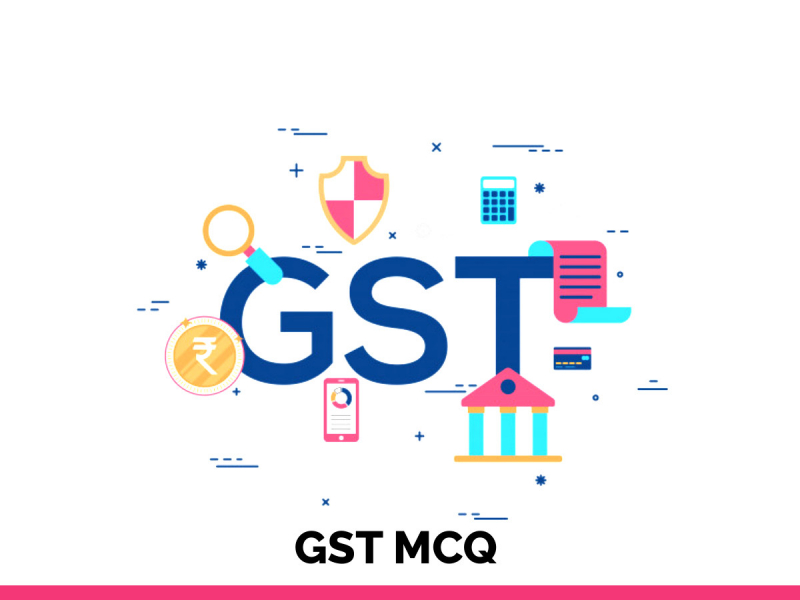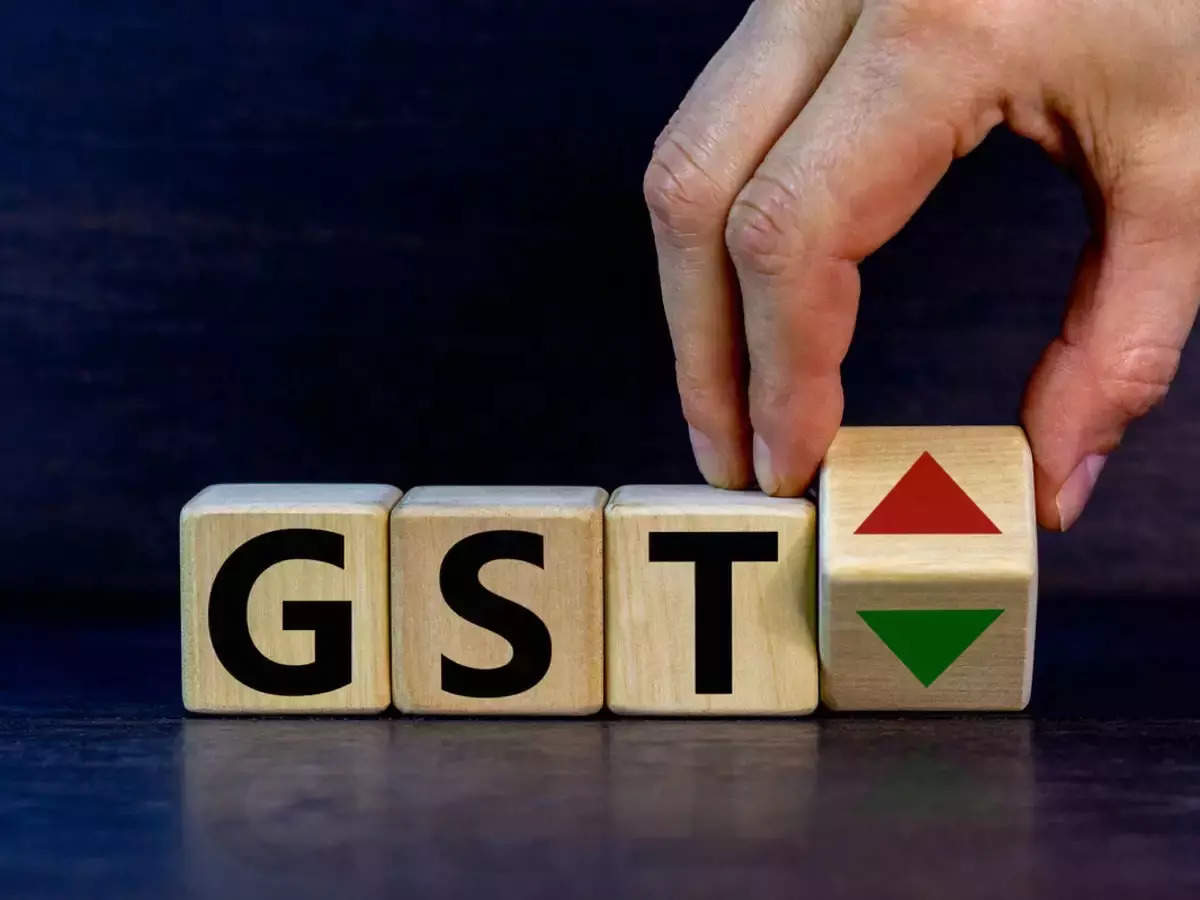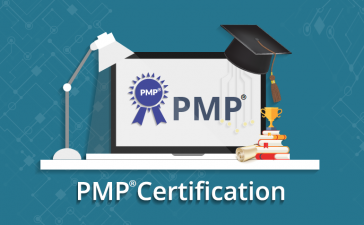Introduction
GST Interview Questions and Answers: GST is the major indirect tax reform. In other words by integrating the central and state government’s main indirect taxes. India introduced GST on the consumption of value-added tax. GST is the power at the expansion of economic activities. Undeniably, the GST course covers all the practical aspects of goods and service taxes. It includes registration, returns, accounting. The eligibility criteria for this course are commerce background or business management background. However, if you are an accountant and finance, handling all GST compliance, look for a job. Despite this, you should take a glance at GST interview questions and answers to prepare for the next job interview.

What’s more, let us revolve our minds with the Top 35 + GST Interview Questions and How to Answer Them
Q.1. What is GST? And then why it is introduced?
GST means goods and services Tax. Taxes and rules are different in each and every state of India. It will lead to the same rates of tax in different states
Q.2. Therefore, list the tax that will be replaced and the tax which will not be replaced?
Tax will be replaced; Vat, CST, Service Tax, Luxury Tax, Entertainment Tax, Excise. Tax will not be replaced; Customs, TDS, Income Tax, Payroll.
Q.3. However, where is the GST Collected?
In addition, at the point of sale, the GST is collected. Although this may be true, there are different taxes collected at various stages of the process. Hence there is a tax on manufacturing and one tax at the time of sale and when goods move from one place to another. Gst eliminates all the taxes.
Q.4. Whereabout is the power to levy GST earned from?
That is to say, Article 246 A Of the constitution was brought by the Constitution Act. In 2016, the co-existent powers were granted to parliament and state legislatures to set law with respect to GST. On the other hand, clause 2 of Article 246 A read with respect to interstate trade or commerce.
Q.5. Explain the taxable event under GST?
Supply of goods and services, GST and SGST will be drafted on intra-state supplies at the same time IGST will be drafted on inter-state supplies. CGST/SGST ACT which is section 7 (1) and Section 4 (1) are the charging section.
Q.6. Does the reverse charge mechanism be applicable only to services?
In contrast, The reverse charge is applicable to supplies of services and goods.
Q.7. Name the taxes that were used in place of GST?
As I have noted, Many indirect taxes were levied and are now replaced by GST. Some of the taxes are central excise duty, countervailing duty, service tax, CST, VST, Entertainment tax, taxes on lotteries, luxury tax purchase tax.
Q.8. Explain the remission of tax/duty?
The remission of tax /duty means that the taxpayer is free from the charge to pay tax on goods. In fact, they are lost or destroyed because of natural causes. In this situation, certain conditions also apply as per the law and rules under remission.
Q.9. Does a reverse charge Mechanism apply only to services?
The Reverse Charge Mechanism is under GST, That is to say, the tax payment is reversed. It is not applied to the supply of services and goods.
Q.10. Bring about, the composition tax can be collected from customers?
Nevertheless, The composition tax cannot be collected from customers. Despite this, under the composition scheme, the taxable person is not permitted to collect tax. On the other hand, this supplier could not issue a tax invoice.
Q.11. As it may be the working government explains supplies from levying GST, subject to GST law?
Of course, there is a provision subject to the model GSTLaw’ssection 10, both government central and state governments could explain the supplies from the levy GST. It is fastened on the recommendation of the GST council
Q.12. Brief Note on Input GST?
That is to say, GST on purchase is called Input GST.
Q.13. A brief note on GST Payable?
In other words the output GST- TheInput GST = GST Payable.
Q.14. Explain GST Credit?
This may be true, If the input GST is more than the Output GST, on the contrary then it’s the GST Credit. It is calculated differently for various types of GST.
Q.15 However, differentiate CGST, SGST, and IGST?
Central goods and services tax is charged on local sales which are composed by the central government. central Excise and service taxes will be replaced by CGST. whereas State goods and services tax is charged by the state government on local sales. It will replace taxes like VAT, luxury tax, and entertainment tax. Likewise, the Interstate goods and services tax will be charged to the central government on the supply of goods and services.ISGT will replace taxes like CST.
Q.16. Explain exempt supply?
Nevertheless, Exempt supply means the supply of any goods or services. It attracts a nil rate of tax and it may be wholly exempt from tax. It includes the non-taxable supply.
Q.17.Whether state-wise or on an all-India basis the aggregate turnover is calculated, Explain?
To clarify, The aggregate turnover is calculated on an -India basis. Hence, The interstate supplies of persons having the PAN, Permanent which is to be computed on an India basis.
Q.18.Define the aggregate turnover excludes?
1.central tax
2. state tax
3.union territory tax
4.integrated tax
5.inward supplies
Q.19.Define deemed exports?
Supplies of goods noted under sec147 of CGST Act,2017. It states that on the recommendations of the council, the government may notice a certain supply of goods.
Q.20. Indeed write the scope of the term ‘supply’?
Despite this, The term supply means the goods or services like sale, transfer, barter, license, exchange, rental, lease agreed by a person in the course. In addition to this, Import of services for the furtherance of business.
Q.21. However, How do you file a GST Return Online?
GST returns could be filed on the GST portal online. That is to be registered under GST and then get the registered 15 digit GST identification number which is based on state code and PAN.
Q.22. Indeed, The contribution of technology in bringing GST into effect-Define?
Certainly, In India GST- The practitioner course has helped taxpayers to file their returns, pay indirect tax liabilities. Furthermore, complete other compliances online. At the same time, it supplies IT infrastructure and services to the central and state governments. Similarly, the taxpayers and other stakeholders for the implementation of GST in India. It has a uniform and transparent medium which is easily reachable to all the taxpayers, members, stakeholders, and government.
Q.23. It may be true that GST is a common system of taxation in other parts of the world?
In fact, across the world, most countries have a GST system. That is to say, France is the first country to implement the GST in their economics among the 160 countries.
Q.24.Empathically, how would GST affect corporate tax and income tax?
As I have noted ,corporate tax and income tax are direct taxes. They are to be paid by the person and they are levied on .They will remain same as they are. Similarly,GST is an indirect tax.
Q.25. State the effects of purchasing goods from unregistered dealers?
Indeed, The receivers who receive goods and services will get Input Tax Credit. Of course, those who are registered under any composition schemes are liable to pay tax under reverse charge.
Q.26 The conditions of the Composition schemes become non-eligible for payment of tax-State the legal outcomes up?
The taxable person who grows into non-eligible under the composition schemes, Further, becomes liable to pay tax with interest. Furthermore, the taxable person is liable to a penalty which is equal to the amount of tax outstanding are the conditions of the composition schemes.
Q.27. State the taxable person avail a composition scheme for inter-state supplies?
The composition scheme is subject to the condition in which a taxable person is not involved in the inter-state supplies.
Q.28. State GST under the composition scheme?
Under GST for taxpayers, the composition scheme is plain and easy. The small taxpayers can be free from tedious GST formalities. Concurrently, GST is at a fixed rate.AnyThe taxpayer who has less than Rs.1.5 crore turnover can choose this scheme.
Q.29.Name the products on which GST does not apply?
- Fresh Fish
- Fresh Milk
- Wheat and Maize
- Bird’s Egg in the Shell
- Ginger and Garlic
- Grapes and Melon
- Soyabean and hulled cereal grains were free from GST.
Q.30. Brief Note on one-way billing- the new compliances under GST?
E-Way Bills; “E-way bills” system was inaugurated on 1st April 2018 for inter-state movement of goods. The new compliances under GST help The manufacturers, transporters, and traders can generate e-way bills It helps the goods to transport from the place of their origin to their destination of the same platform. The tax authorities were benefited by the e-bills system. consequently, it lessened the time spent at check-posts, and at the same time, it reduces tax evasion.
Q.31. A brief note on e-invoicing- the new compliances under GST?
E-invoicing the new compliances under GST came into effect from 1 st October 2020. It launched for businesses with an annual turnover of more than Rs.500 crore from 2017-to 2018.it has stretched with an annual turnover of more than Rs .100 crore from 1st January 2021. While uploading it on the GSTN’s invoice registration portal, it should obtain a special invoice number for every business to business. By getting the digital signature with a QR code it obtains validation and authorization.
Q.32. Why is the time, place, and value of supply noteworthy?
Eventually, When goods are supplied, the time of supply is very important. Hence it helps to understand the final date for payment of taxes. In Fact, The place of supply is needed to finalize whether CGST, IGST, or GST will apply to the charge on the invoice. Indeed the value of supply is required as GST to calculate the value of the sale. The amount of the GST will be incorrect if it is inaccurate.
Q.33 Explain output GST? What do you mean by Output GST?
Output GST is referred to GST on sale and also it is known as GST Liability.
Q.34. Explain the differentiation between the UPA’s GST and NDA’s GST?
Empathically, Liquor, tobacco, and tobacco products have GST. In addition, Petroleum products do not fall under GST. Besides, the interstate movement of goods and services has 1./. Of tax on GST
Q.35 States the minimum amount for GST?
In Many businesses registration is compulsory. If the business has a turnover of RS.40 lakhs, then registration is required, according to the GST act.
Final words
Without a doubt, I hope these GST interview questions and answers will boost your confidence to crack the upcoming interview .you can have a look at GST interview questions and answers to become an accountant or financial professional.
Hoping these questions and answers will help you to crack the interview and boost your confidence. Soft skills like communication also play a vital role in being successful in interviews. With both, knowledge and good communication, you are not far away from your dream job of being a GST certified practitioner.
Recommended Reads:
- TOP 30 ACCOUNTING AND TAXATION QUESTIONS AND ANSWERS
- TOP 10 GST COURSE IN NOIDA: 2022 ( DON’T IGNORE)
- TOP 10 GST PRACTITIONER COURSES IN HYDERABAD WITH FACTS
- TOP 10 GST COURSES ONLINE WITH FACTS: 2022 (EXPOSED)
- TOP 10 GST COURSE IN PUNE: 2022 (LEAKED)











Your content on the GST Interview questions gives out the unbiased opinion and facts on the topic which is actually very rare to find these days. I really appreciate your content.
Thank you so much for making this article. It really explains a lot about the GST and explores all the major topics and answers all the doubts are clear I had about this topic.
I really want to thank you for posting this useful blog post with the contemporary facts and information. This is up to date.
This is a completely useful article on the concept of GST Interview Q/A. I really appreciate the writing team for making this article as a whole.
This blog post would be a great way for anyone to Prepare job about the area of GST Interview and to also know the topic in detail as well. More to come.
This is a great share. A lot of detailed facts on the GST Interview Questions and Answers that everyone needs. Thank you so much for this informative article.
This is an excellent article. It’s very useful. I was able to learn about GST Questions for Interview in detail. Thank you for this amazing share.
Honestly one of the most quality writings that I have seen in a blog post. I can easily recommend this post to anyone who is in search of the GST question for interview. Everything here is well explained. This is an amazing share.
Hi, I want to achieve GST certification, could you please guide me with the process
I really appreciate the writing team for posting this article. The information on this article is helping me in understanding the topic for medical writing better. Kudos to the writing team for making this article happen
Honestly one of the most quality writings that I have seen in a blog post. I can easily recommend this post to anyone who is in search of the GST question for interview. Everything here is well explained. This is an amazing share.
This is a completely useful article on the concept of GST Interview Q/A. I really appreciate the writing team for making this article as a whole. I really appreciate the writing team for posting this article. The information on this article is helping me in understanding the topic for medical writing better. Kudos to the writing team for making this article happen
Honestly one of the most quality writings that I have seen in a blog post. I can easily recommend this post to anyone who is in search of the GST question for interview. Everything here is well explained. This is an amazing share.
This blog post would be a great way for anyone to Prepare job about the area of GST Interview and to also know the topic in detail as well. More to come.
Thanks for sharing the Top 35+ frequently asked Gst interview questions and answer list. It is very helpful for me and also informative for all those users who will come to read and want to clear interview in this field.
This website provides an excellent compilation of GST interview questions and answers. The content is well-structured and covers a wide range of topics, making it a valuable resource for anyone preparing for GST interviews.
The GST interview questions provided here are comprehensive and thought-provoking. They delve into various aspects of GST implementation, compliance, and challenges. It’s a great platform to brush up on your knowledge and enhance your interview preparation.
This article on GST interview questions and answers is incredibly helpful. It covers a wide range of key topics, providing valuable insights and preparing candidates effectively. I appreciate the concise yet comprehensive approach, making it an excellent resource for anyone preparing for a GST interview.
I found this article on GST interview questions and answers really informative. The content covers a wide range of important topics, providing valuable insights and practical tips. It’s a great resource for anyone preparing for a GST interview.